It’s all-too-tempting to recreate that Lady and the Tramp scene with your pup, sharing a plate of pasta and almost smooching their adorable nose. It undoubtedly makes for a cute photo, but is pasta actually safe for them to eat? It turns out, the answer isn’t crystal clear.
While some veterinarians say it’s perfectly fine for your dog to eat a moderate amount of pasta, others disagree. The amount of pasta given to a dog and the pasta’s ingredients play a large role. And, like with all foods, you should first make sure your pet isn’t allergic to pasta or its ingredients before you give them a heaping plate of spaghetti.
Can Dogs Have Pasta?
Plain pasta, cooked or uncooked, is typically okay for dogs. Pasta is generally made from simple ingredients like eggs, flour, and water. Those ingredients are safe for dogs to eat.
Fresh and powder forms of garlic and onions, on the other hand, aren’t so healthy. In fact, they contain a toxin that could cause serious complications and can often have adverse health effects on dogs who eat them. Garlic and onions, along with chives and leeks, are part of the Allium species. When pets ingest them, they can develop damage to their red blood cells, causing red blood cell destruction, resulting in anemia.
Because garlic and onions are common ingredients in marinara and various other tomato sauces, you should always avoid feeding your dog pasta with sauce included.
Dogs are also sensitive to several herbs and spices that are often found in various sauces and pasta dishes. If your dog consumes a large amount of salt, for example, they can experience neurological problems with symptoms including dizziness, headache, and seizure. Oregano is another common pasta ingredient that proves toxic for dogs. Others, like basil and black pepper, are okay in small amounts, but they should be limited and monitored if you do decide to include those in your dog’s diet.
Cheese is another popular extra added to pasta dishes. While cheese is a nice treat for well-behaved pets, it’s not healthy in large amounts and can lead to weight gain, heart problems, and gastrointestinal issues. Keep cheese to a minimum when feeding your dog and stick to using it as a delicious reward for good behavior.
How Much Pasta Is Okay?
Feeding your dog plain pasta with no extras can be healthy in small amounts. If you drop a noodle or two on the kitchen floor while you’re preparing dinner, it isn’t anything to worry about. And if your picky toddler decides to feed your pup their dinner instead of eating it themselves, don’t panic. Just be sure your dog is getting very small portions, if any, and avoid feeding them a whole dish of pasta. If dogs repeatedly eat full servings of pasta, they could become overweight. There are several health issues associated with weight gain, including heart disease, high blood pressure, and breathing problems. Excess weight can also exacerbate existing health issues or lead to joint or muscle pain.
In small amounts, dogs can eat plain pasta—no sauce included. By any means, do not feed your dog an excess of one cup of pasta at a time. Veterinarians recommend that if you feed your dog any pasta at all, feed them only one or two plain, cooked noodles a week. Any more than that could be harmful to his or her health.
Pasta Varieties
As low-carb foods gain in popularity, more and more pasta alternatives pop up. On the grocery store shelves, you’ll find pasta made from a variety of ingredients. Chickpeas, lentils, and rice are common ingredients in low-carb pastas, which are especially sought out by those who follow a gluten-free diet. While these pasta varieties are certainly healthy for humans, they aren’t necessarily healthy for your furry friends.
Recent research shows that grain-free dog foods, including those that use lentils and chickpeas as grain replacements, could contribute to canine heart disease. While that does not mean lentils and chickpeas are strictly toxic to dogs, it suggests that their consumption should be somewhat limited and they may not be ideal primary food sources. But overall, vets agree that both lentils and chickpeas are generally healthy for dogs..
Rice is commonly fed to dogs to alleviate gastrointestinal problems and promote health. White rice is easy to digest and low in fiber, making it a great food to give your dog when he or she has an upset stomach. Brown rice, another healthy food for dogs, is high in fiber and a good way to add essential vitamins to your dog’s diet. Brown rice is a go-to for pet owners who feed their pups a homemade diet.
So feel free to give fido a noodle or two the next time you whip up some chickpea, lentil, or rice pasta. It won’t upset their stomachs, and they might find the taste oh-so-intriguing. If you have a picky pup, you can top their dinner dish with a few pieces of plain pasta to encourage them to eat.

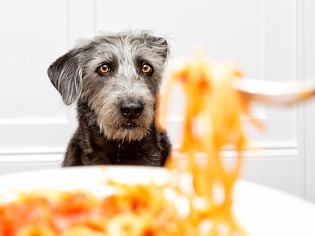
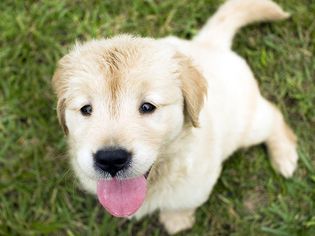
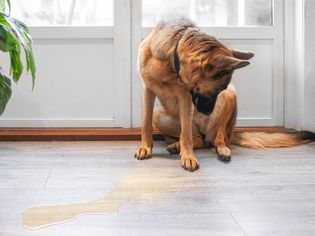
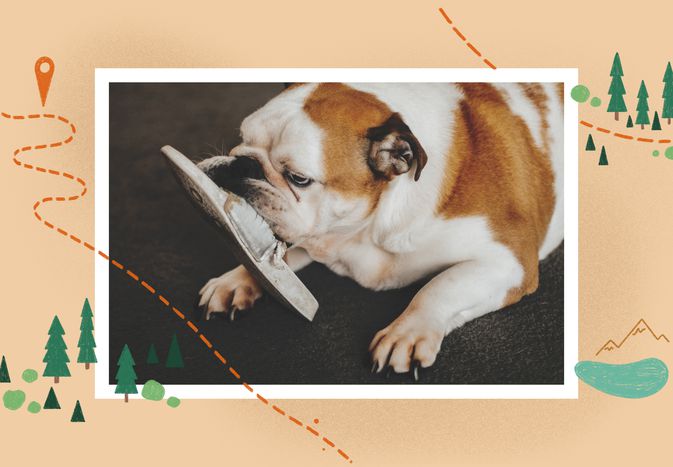
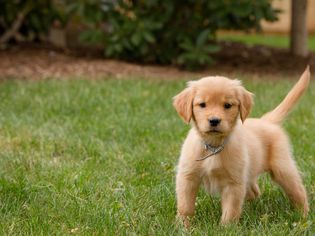

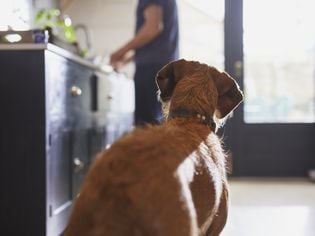
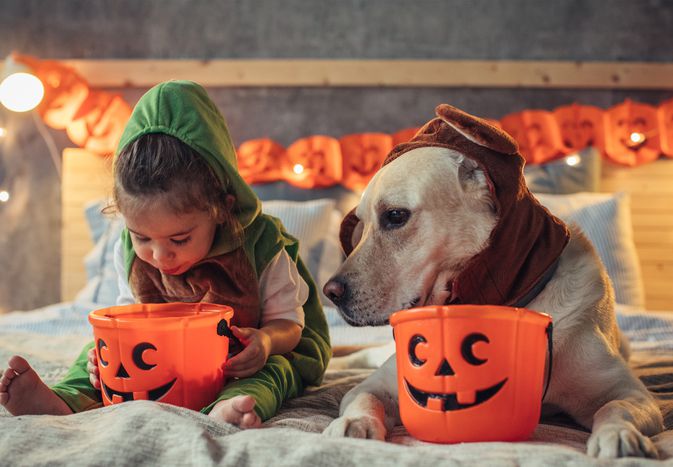
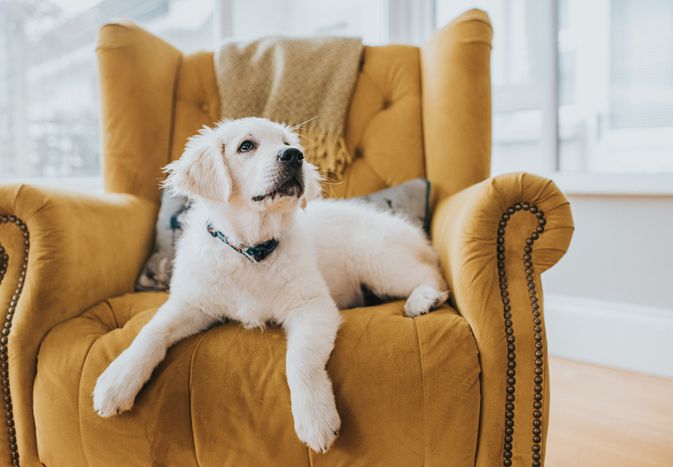
Comments on " Can Dogs Eat Pasta?" :